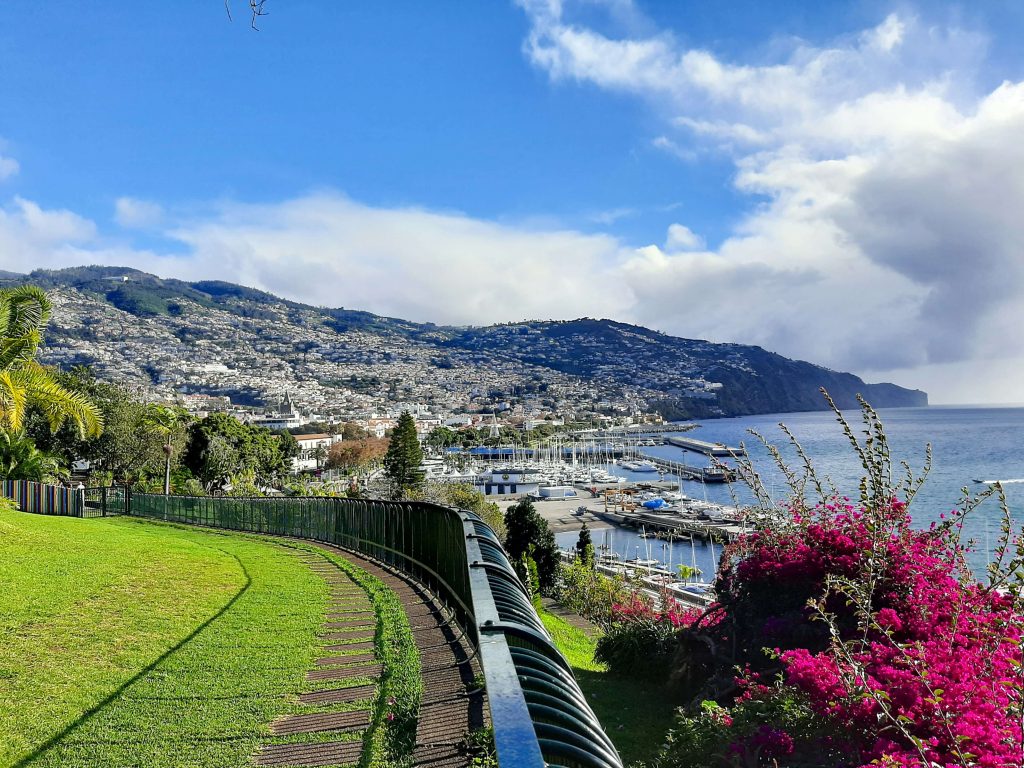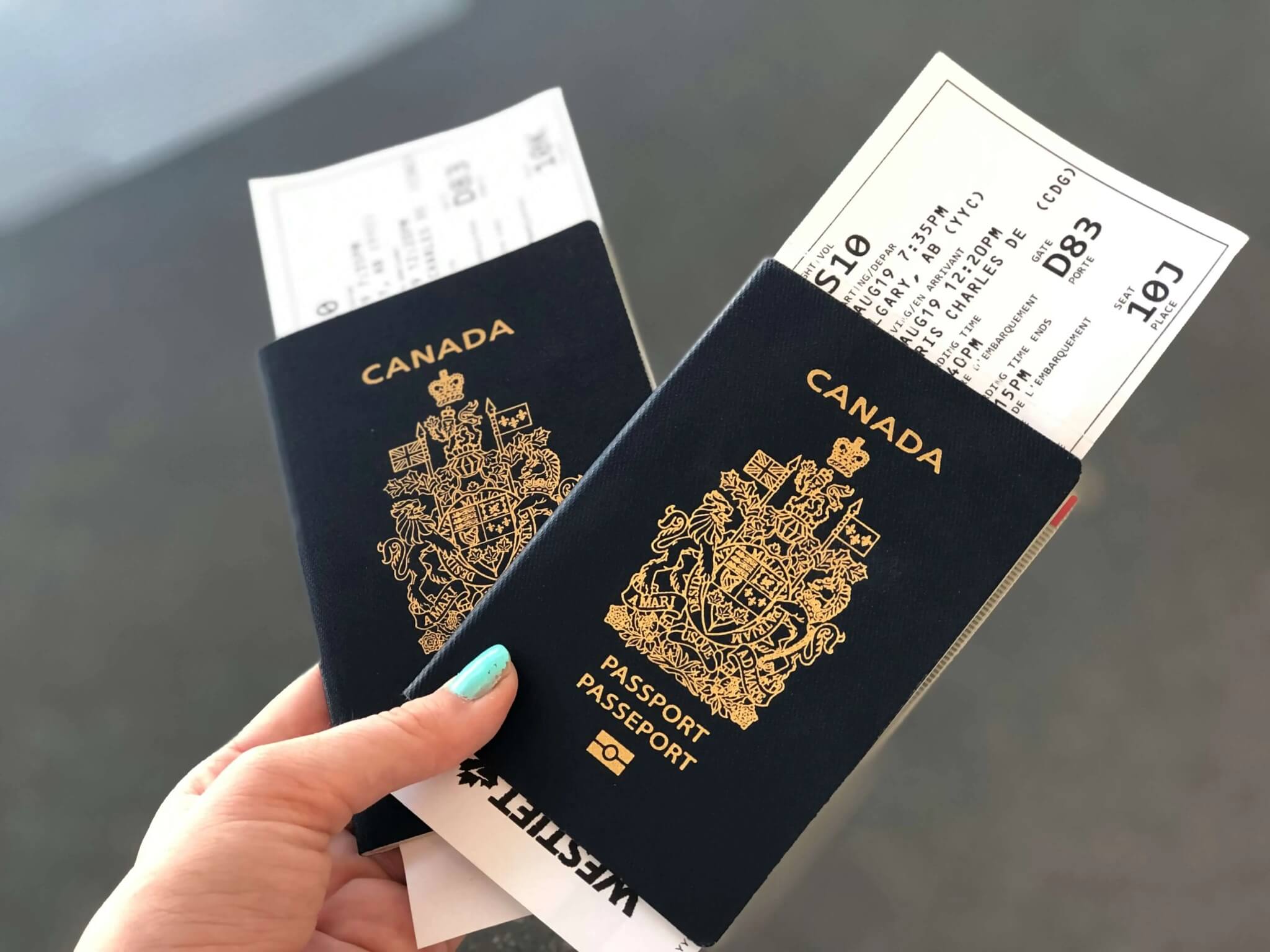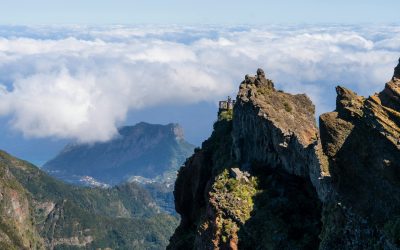Portugal continues to position itself as one of Europe’s most attractive destinations for global entrepreneurs. With a stable economy, pro-business policies, and a growing innovation ecosystem, it is no surprise that the country’s D2 visa, also known as the Entrepreneur Visa, has gained considerable popularity. Whether launching a startup, relocating a consultancy business, or investing in an existing company, the D2 visa provides a legal pathway to live and work in Portugal and acquire permanent residency and, eventually, citizenship. In 2025, the requirements for the Entrepreneur Visa remain broadly consistent with previous years, but careful planning and compliance remain essential. This article walks you through everything you need to know, particularly if you want to set up your business in Madeira, an autonomous region of Portugal that offers unique tax advantages under the Madeira International Business Centre (MIBC).
What Is the D2 Visa?
The D2 visa is designed for non-EU/EEA/Swiss nationals who intend to engage in business activities within Portugal. It allows entrepreneurs and independent service providers to reside and work in Portugal legally. Importantly, this visa is not limited to traditional startups. Freelancers, consultants, and remote business owners are also eligible, provided they present a coherent business plan and demonstrate financial means. The D2 visa grants a four-month entry window, during which you must enter Portugal and apply for your residence permit. Once approved, the initial residence permit is valid for two years and can be renewed for three-year periods. After five years of legal residence, you may apply for permanent residency or Portuguese citizenship, subject to language proficiency and integration requirements.
Key Requirements for the Portugal Entrepreneur Visa in 2025
Portugal Entrepreneur Visa Requirements: applicants must satisfy several core requirements that demonstrate both the viability of their business and their ability to support themselves in Portugal.
A solid business plan is the cornerstone of the application. Portuguese authorities evaluate the proposal for economic feasibility, sectoral alignment (such as tourism, tech, or exports), and potential impact on the local economy. The plan should detail your business model, market positioning, operational strategy, financial projections, and expected job creation. While Portugal does not impose an official minimum investment threshold, in practice, most applicants demonstrate initial capital in the range of €50,000, or at least €5,000 if combined with external financing or credit support from a Portuguese bank.
Applicants must either already have a company registered in Portugal or be in the process of incorporating one. The incorporation process involves obtaining a Portuguese tax number (NIF), registering the business with the Commercial Registry, and opening a business bank account. This step is vital for those who plan to settle in Madeira, where local incorporation is required to benefit from the MIBC regime.
Proof of financial means is also essential. You must show that you have sufficient funds to support yourself and any family members during your time in Portugal. In 2025, the minimum threshold corresponds to Portugal’s national minimum wage, around €8,460 annually for the principal applicant, with additional amounts required for dependents (approximately 50% for a spouse and 30% per child). These funds should be traceable and deposited in a Portuguese bank account before the application.
Accommodation in Portugal must be secured in advance. This can be demonstrated through a rental agreement, a property deed, or a host’s invitation letter. You’ll also need valid health insurance until fully integrated into the Portuguese healthcare system.
A clean criminal record is mandatory. You must present police clearance certificates from your country of residence and any country where you have lived for more than one year. These documents must be issued within the past three months and translated into Portuguese if necessary.

Funcha, Madeira Island
Application Process of the Portugal Entrepreneur Visa: Step-by-Step
The D2 visa application can be initiated from your country of residence or directly from within Portugal, provided you are legally present. The steps include:
- Prepare all documentation, including the business plan, proof of accommodation, financial means, health insurance, and criminal record clearance.
- Company registration in Portugal (or Madeira), if not yet completed.
- Opening of bank accounts and deposit of sufficient capital to support your activities.
- Visa submission to the Portuguese consulate or via online application platforms.
- Travel to Portugal and formally apply for your residence permit at the relevant office (AIMA/SEF).
- Biometric appointment and final approval of your permit, typically valid for two years.
From the outset, the timeline for D2 visa issuance can vary from one to three months, depending on the quality of your application and the responsiveness of local authorities.
Why Entrepreneurs Are Choosing Madeira
While startups have traditionally favoured Lisbon and Porto, many entrepreneurs choose Madeira as their base in Portugal, particularly due to the Madeira International Business Centre (MIBC). This regime offers one of the most competitive tax environments in the European Union.
Companies licensed under the MIBC can benefit from a 5% corporate income tax rate on profits derived from international activities or intra-MIBC transactions. In addition, there are no withholding taxes on dividend distributions to non-resident shareholders (if certain conditions are met), and exemptions apply to capital gains, royalties, and stamp duties. These advantages are reinforced by Portugal’s participation in the EU, ensuring full access to the single market and the stability of a reputable jurisdiction.
Companies must meet substance requirements to access the MIBC regime, including creating at least one local job within the first six months and a minimum investment of €75,000 in assets within two years of licensing. Madeira offers a compelling mix of tax efficiency and lifestyle appeal for businesses that meet these thresholds, particularly in consultancy, tech services, and online commerce sectors.
The region also provides a high quality of life, a temperate climate, low cost of living, international schools, and strong digital infrastructure, making it an ideal choice for entrepreneurs, digital nomads, and their families.
Portugal Entrepreneur Visa Requirements: Conclusion
The Portugal D2 Entrepreneur Visa remains one of the most accessible and effective residence routes for global entrepreneurs, freelancers, and investors. When paired with the opportunities available in Madeira through the MIBC, the visa becomes not just a legal pathway but a strategic move for those seeking long-term tax efficiency and a superior quality of life within the European Union. As with any immigration and business matter, the key to success lies in preparation, compliance, and professional guidance. If you are considering launching your business in Portugal, especially Madeira, reach out to our team for personalised advice and support at every stage of the process.
The founding of Madeira Corporate Services dates back to 1996. MCS started as a corporate service provider in the Madeira International Business Center and rapidly became a leading management company… Read more




